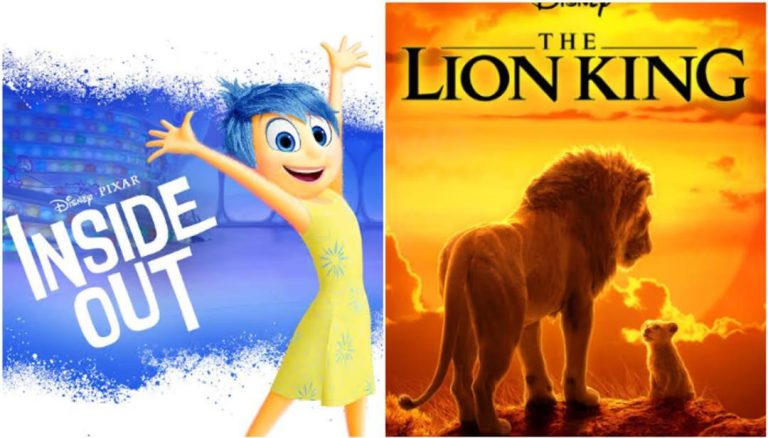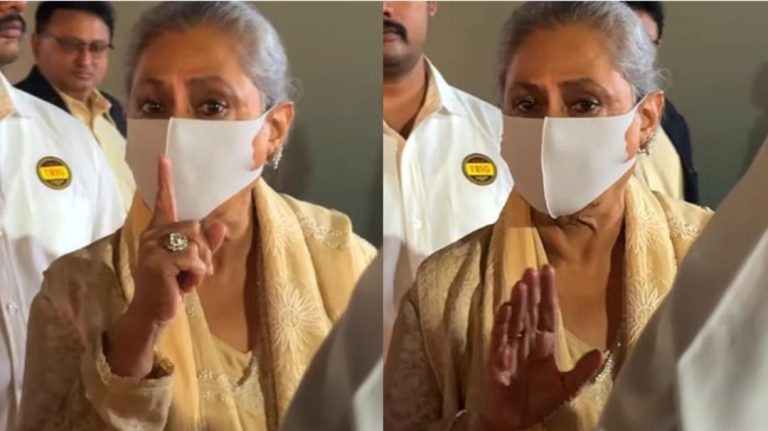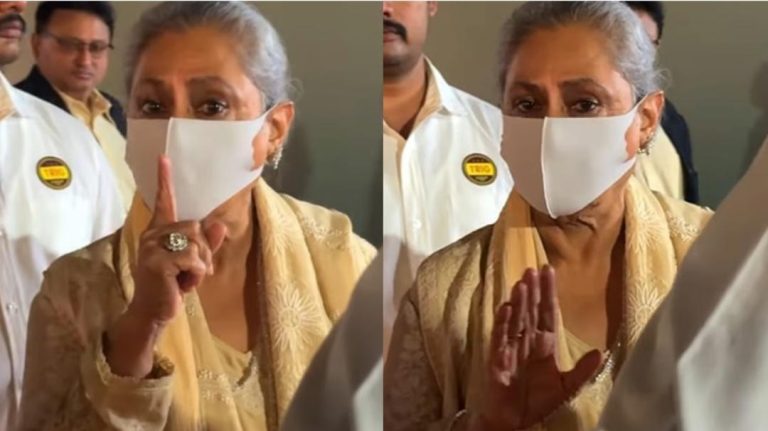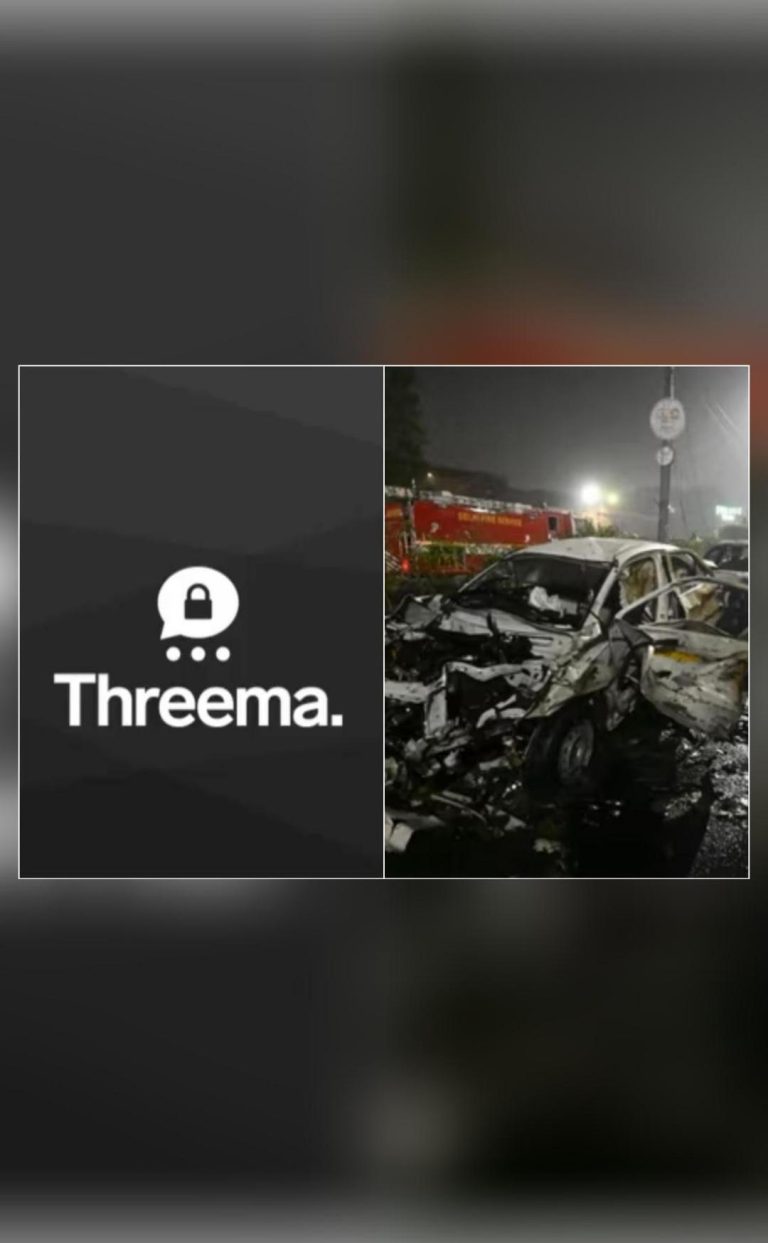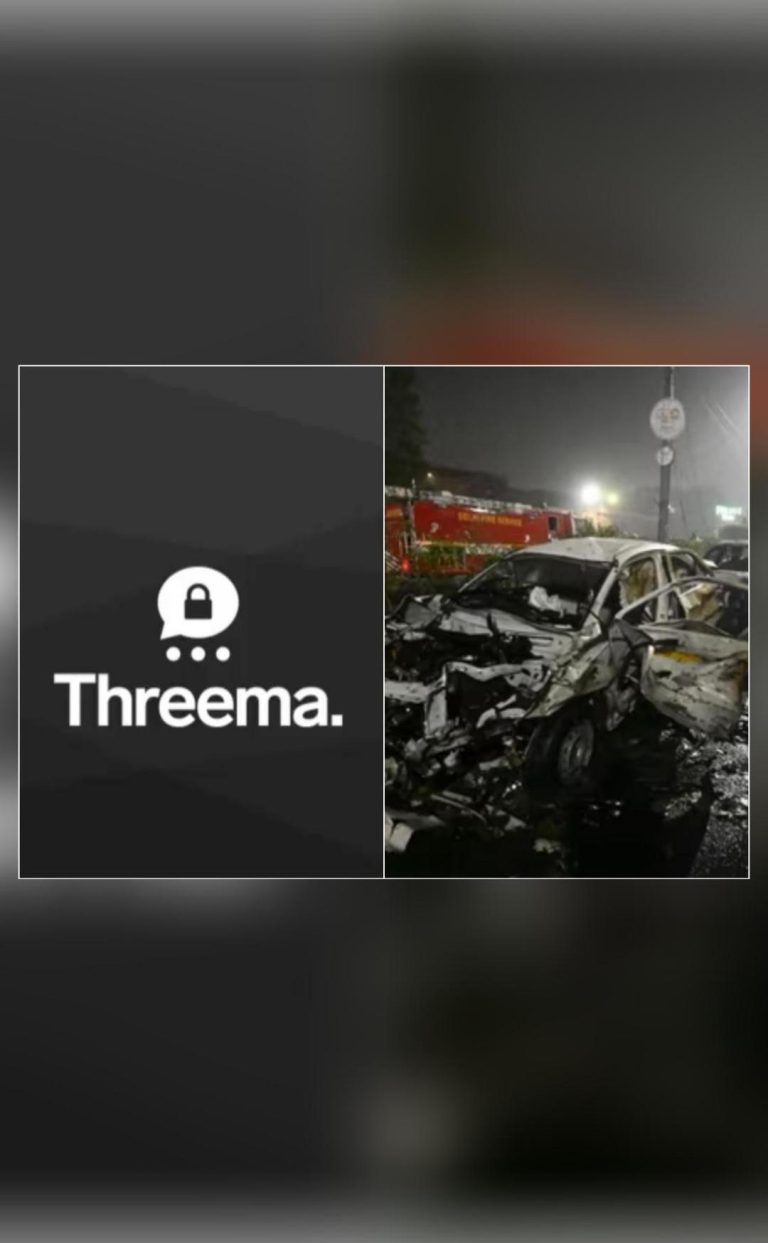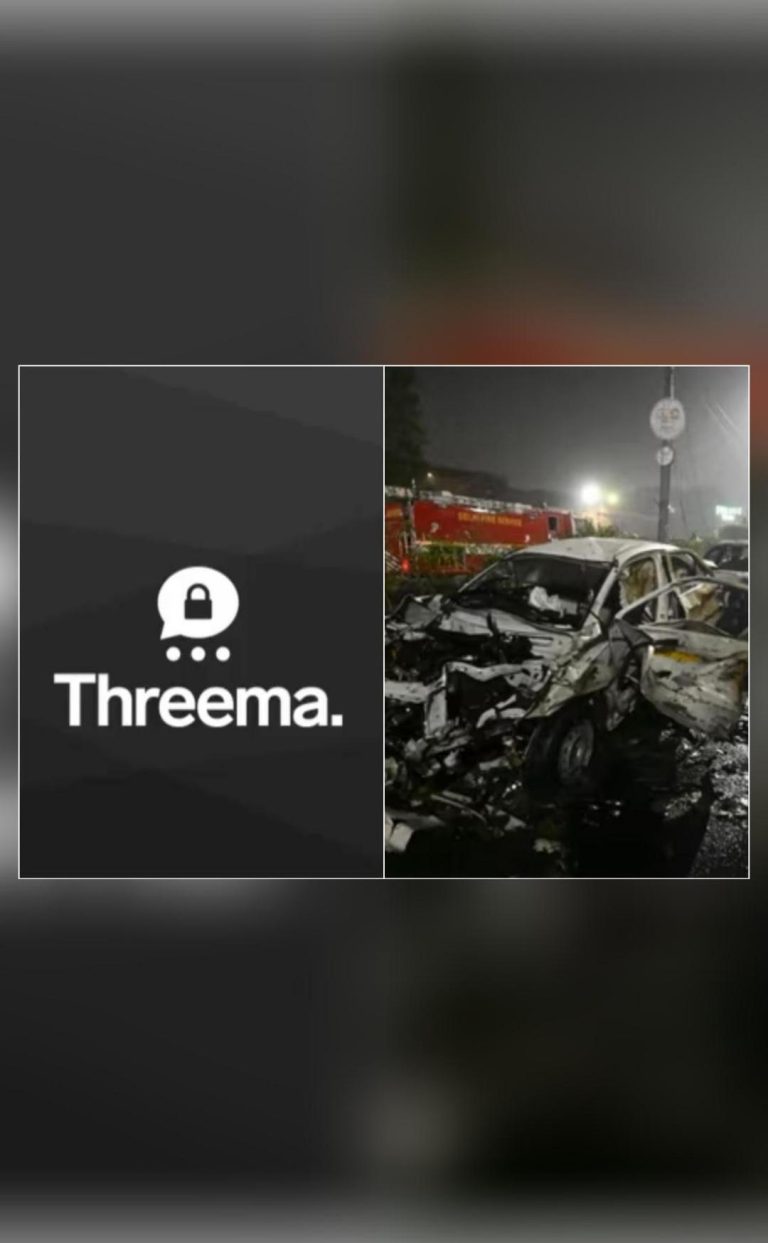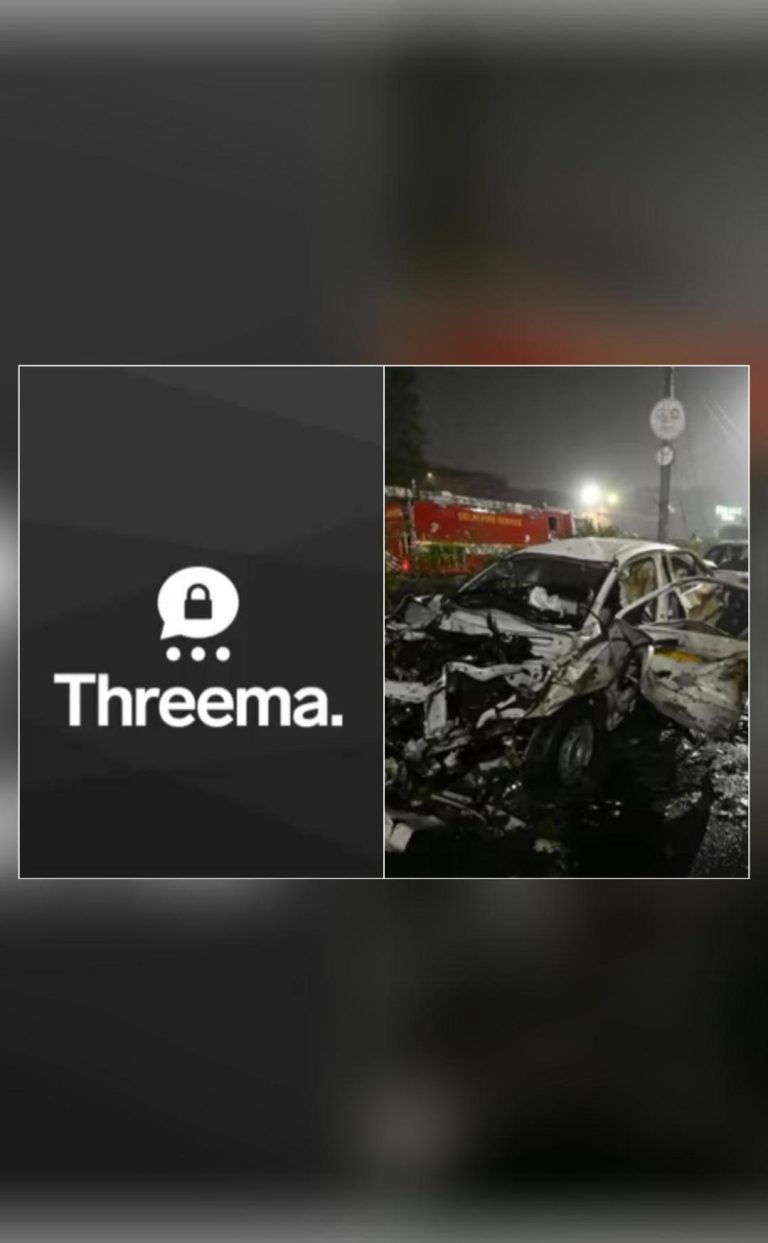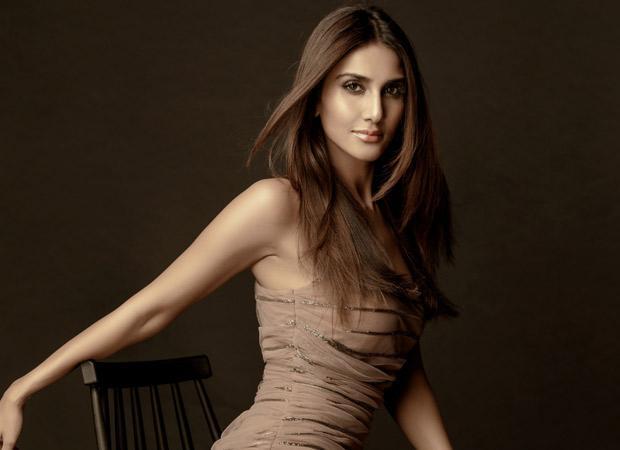
Don’t Get Volatile Behaviour: Vaani on Censorship & Cancel Culture
In today’s digital age, the topic of censorship and cancel culture has become a hot button issue. The recent ban on the release of Abir Gulaal in India has sparked a heated debate about the limits of artistic expression. Actress Vaani Kapoor has added her voice to the conversation, expressing her concerns about the restrictive nature of these trends.
In an interview with a leading publication, Vaani Kapoor spoke about how censorship and cancel culture restrict artists’ freedom to explore new ideas. She emphasized, “This cancel culture, say one thing wrong, there are calls for cancel and boycott. I don’t get that volatile behaviour.” Her remarks have sparked a renewed discussion about the importance of artistic freedom and the need for a more nuanced approach to censorship.
The concept of cancel culture is not a new phenomenon. It has been around for a few years now, with social media playing a significant role in its evolution. The idea is simple: if someone says or does something deemed offensive or unacceptable, they must be publicly shamed and ostracized. This can manifest in various ways, from online harassment to physical protests and boycotts.
However, Vaani Kapoor’s comments highlight the dangers of taking this approach too far. By encouraging a culture of vigilante justice, we risk stifling creativity and innovation. Artists need the freedom to take risks and push boundaries, even if that means challenging societal norms or expectations.
Censorship, on the other hand, is a more traditional form of restriction. It involves the regulation of content by government or other authorities, often in the name of protecting societal values or morals. While censorship can be used to address legitimate concerns, such as hate speech or obscenity, it can also be used as a tool of oppression, silencing marginalized voices and stifling artistic expression.
Vaani Kapoor’s stance on censorship is clear: she is not a fan. “I’m not into censorship,” she said. “It sets boundaries for artists.” This sentiment is echoed by many in the creative community, who argue that censorship can stifle creativity and limit the ability of artists to explore complex themes and ideas.
So, what is the solution? How can we strike a balance between protecting societal values and allowing artists to express themselves freely? One possible approach is to adopt a more nuanced approach to censorship, one that takes into account the context and intent behind the content in question.
For example, instead of simply banning a film or book, we could engage in a more constructive dialogue about its themes and messages. We could encourage artists to think critically about the impact of their work and to consider the potential consequences of their actions.
Another approach would be to focus on education and awareness. By promoting empathy and understanding, we can create a culture that is more tolerant and accepting of difference. This would allow artists to explore complex themes and ideas without fear of reprisal or censorship.
Vaani Kapoor’s comments are a timely reminder of the importance of artistic freedom and the need for a more nuanced approach to censorship. As we navigate the complexities of the digital age, it is essential that we prioritize creativity, innovation, and self-expression. By doing so, we can create a more vibrant and diverse cultural landscape, one that celebrates the beauty of artistic expression in all its forms.
